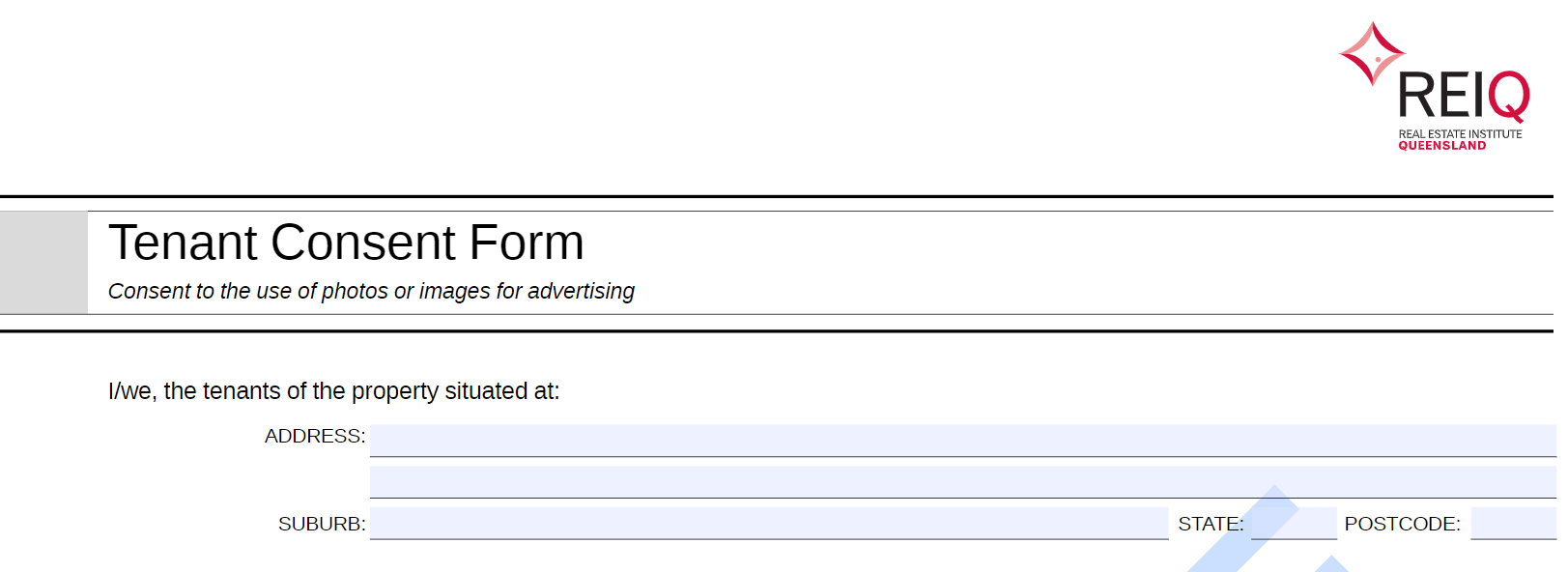- 18 Aug 2020
- 4 min read
- By Connie McKee, PMSS Team Member
FAQs selling tenanted properties
The Property Management Support Service (PMSS) team fields up to 100 calls a week from REIQ members seeking clarity on certain topics - with the sale of tenanted properties being the trending topic of late. Have a topic you'd like us to cover in an upcoming edition of the PM Update? Email us at pmsupport@reiq.com.au!
Q: I'm the selling agent and the property manager won't give me any information about the tenancy agreement or the tenant(s) contact details. What can I do?
A: The managing agent has a contractual and fiduciary relationship with the owner. The owner should've been provided with the Tenancy Agreement (Form 18a) as they own the property, and the agreement is between them and the tenant. If they haven't been provided with this, they need to request a copy from the managing agent and provide it to you. Additionally, you should seek a copy of the Entry Condition Report from the owner so you know what is an inclusion and if the property is sold with vacant possession, the expectation as to the condition of the property once the tenants vacate.
Q: I want to get into the property to take photos, however, I don't know where to tick on the Form 9 and the tenant isn't being cooperative. What can I do?
A: Taking photos is not grounds for entry. Section 203 of the RTRA Act prohibits the Lessor/agent from using a photo or image showing a tenant's possessions in an advertisement (which includes online, newspapers and brochures). This applies to possessions inside and outside the property (e.g. personal items, furniture, cars and boats).
If the tenant agrees to entry and for you to take photos, make sure you have the mutual agreement to enter in writing and additionally have the tenant's written consent to use images with their belongings in them. Realworks has developed a best practice document for this purpose.

Best Practice Tip - It's recommended you email the tenant the images you intend to use for marketing for their final approval before going live with the advertising.
Q: The tenant is being difficult and won't allow open houses. What's the next step from here?
A: To conduct an open house on a tenanted property, you must obtain the tenant's written permission. The alternative then is an inspection by appointment. The tenant must have been issued the Form 10, after which you can issue the Form 9 providing 24 hours' notice to show a prospective buyer through. Remember, to the tenant this is their home. Communicate and negotiate with them as to how you can show prospective buyers through with minimal inconvenience to them. Some tenants may change their mind about giving permission to conduct an open house if you work with them (e.g. offering them a voucher to sit and enjoy a coffee and brunch at a local café whilst you are conducting an open house.)
Q: If the tenant won't allow open houses, can I issue a Form 9 giving 24 hours' notice as often as I want?
A: Technically you could, although it would not be in the owner's best interests to do so. Section 183 of the RTRA Act requires the Lessor to take reasonable steps to ensure the tenant has quiet enjoyment of the premises. Additionally, the Lessor or Lessor's agent must not interfere with the reasonable peace, comfort or privacy of the tenant in using the premises.
Most owners put a tenanted property on the market as they want rent to keep coming in during the sales process. If the tenant perceives the Lessor/agent hasn't provided them with quiet enjoyment, they could breach the owner. If they believe the breach has not been remedied, they could seek to end the agreement by issuing a Form 13. A more sensible approach for a sales consultant is to qualify buyers stringently and limit inspections to these buyers only.
Q: My agency is going to be managing the property for the new owner when it settles. They're desperate for rent and want me to start marketing it for rent before it settles. How can I set up the PO Form 6?
A: They don't own the property, so you can't start acting for them until settlement occurs. A prudent buyer would seek a contract condition in relation to the seller having an obligation to appointing an agent for this purpose prior to settlement. If this hasn't been done, the buyer needs to seek advice from their solicitor as to how this can be facilitated as a post-contractual agreement with the seller.
REIQ Members seeking further advice on this topic or any other property management topic can call the PMSS Team on 1300MYREIQ (1300 697 347) or email pmsupport@reiq.com.au. Not a member? Join us today!
You might also like
View All Articles
View All Articles


Start your Real Estate Career
Need help? 1300 697 347 or contact us




